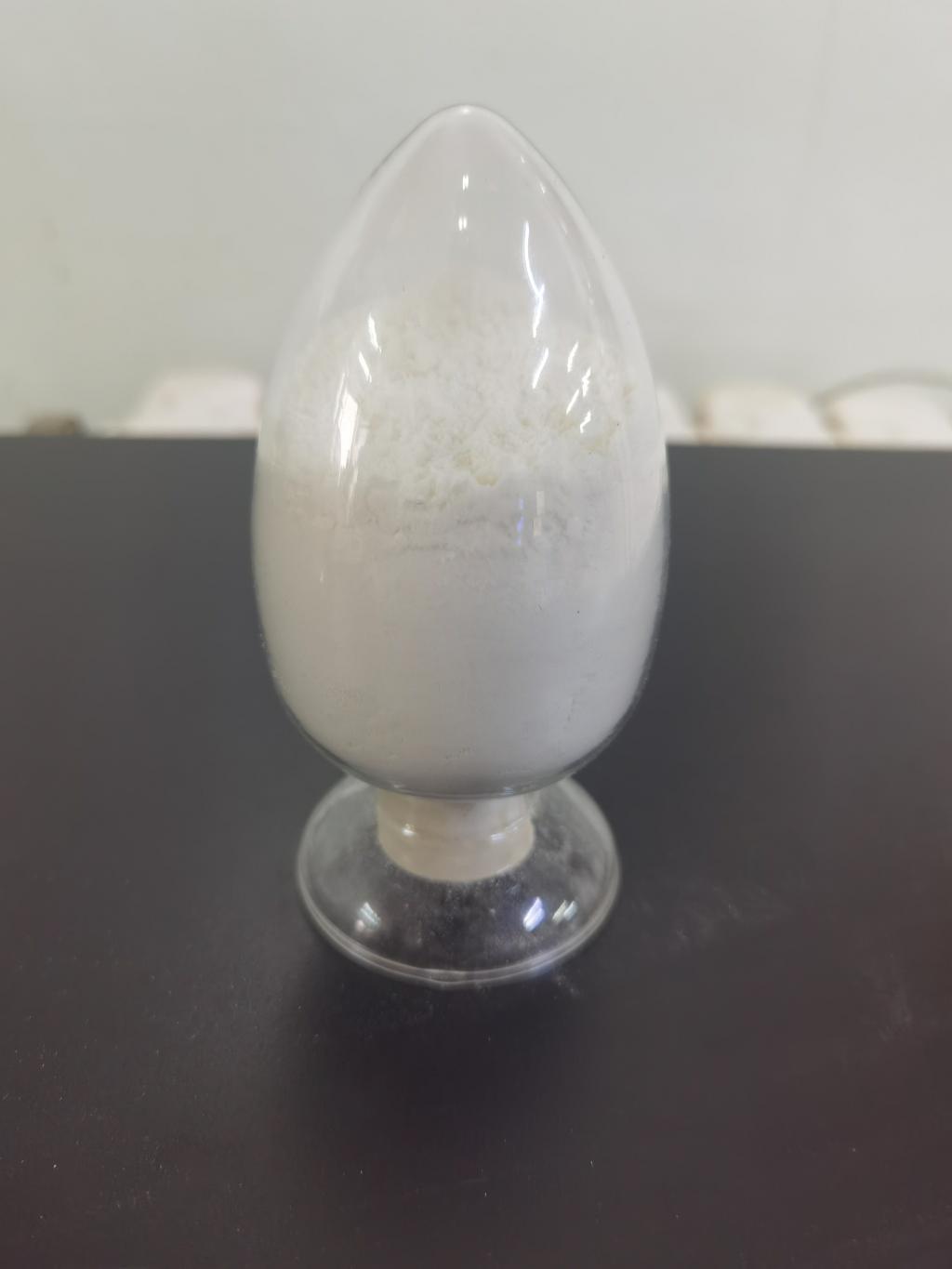Tel:+8618231198596

News
 CONTACT
CONTACT
 CONTACT
CONTACT
- Linkman:Linda Yao
- Tel: +8618231198596
- Email:linda.yao@dcpharma.cn
- Linkman:CHARLES.WANG
- Department:Overseas
- Tel: 0086 0311-85537378 0086 0311-85539701
News
Current Position:
Home >
News
>Can ε-Polylysine hydrochloride be used in the preservation of dairy products?
Can ε-Polylysine hydrochloride be used in the preservation of dairy products?
TIME:2023-06-12
Introduction:
Dairy products, including milk, cheese, yogurt, and butter, are highly perishable and prone to microbial spoilage. Preservatives play a vital role in inhibiting the growth of spoilage microorganisms, extending the shelf life, and maintaining the quality and safety of these dairy items. However, there is an increasing demand for natural and clean-label ingredients, raising the need for alternatives to synthetic preservatives.
ε-Polylysine hydrochloride, a naturally occurring antimicrobial peptide, presents itself as a potential natural preservative for dairy products. This article explores the application of ε-Polylysine hydrochloride in dairy product preservation, considering its compatibility with different dairy items and its advantages over synthetic preservatives.
Properties and Mechanism of Action:
ε-Polylysine hydrochloride is a cationic polypeptide composed of lysine monomers linked by peptide bonds. It possesses potent antimicrobial properties against a wide range of microorganisms, including bacteria, yeast, and molds. The mechanism of action involves disrupting the integrity of microbial cell membranes, leading to cell death.
Applications in Dairy Product Preservation:
Milk: Fresh milk is highly susceptible to bacterial contamination, leading to spoilage and reduced shelf life. ε-Polylysine hydrochloride can effectively inhibit the growth of spoilage bacteria, such as Pseudomonas and Enterobacteriaceae, in milk, maintaining its freshness and extending its shelf life.
Cheese: Cheese production involves complex microbial interactions. While some microorganisms contribute to the desired flavor and texture, others can lead to spoilage. Incorporating ε-Polylysine hydrochloride during the cheese-making process can help inhibit the growth of spoilage microorganisms, improving the quality and extending the shelf life of cheese.
Yogurt: Yogurt is susceptible to the growth of lactic acid bacteria, which can lead to flavor changes and post-acidification. The addition of ε-Polylysine hydrochloride can help control the growth of undesirable bacteria, preserving the quality and stability of yogurt throughout its shelf life.
Butter and Spreads: Butter and spreads are prone to oxidation, rancidity, and microbial contamination. The antimicrobial and antioxidant properties of ε-Polylysine hydrochloride make it a suitable natural preservative to maintain the freshness and stability of butter and spreads, extending their shelf life.
Benefits of ε-Polylysine Hydrochloride in Dairy Product Preservation:
Natural and Clean-Label: ε-Polylysine hydrochloride is derived from natural fermentation processes, making it an attractive natural preservative for dairy products. It aligns with consumer preferences for clean-label ingredients and contributes to the overall natural and healthy image of dairy items.
Extended Shelf Life: The antimicrobial activity of ε-Polylysine hydrochloride helps inhibit the growth of spoilage microorganisms, extending the shelf life of dairy products. This reduces waste and enhances product availability.
Preservation of Quality: Unlike some synthetic preservatives, ε-Polylysine hydrochloride does not significantly affect the taste, texture, or aroma of dairy products. It helps preserve the sensory attributes, ensuring the quality and consumer acceptance of these products.
Safety and Consumer Acceptance: ε-Polylysine hydrochloride is considered safe for consumption and has a high level of consumer acceptance. It does not possess the same concerns associated with certain synthetic preservatives, such as allergenic reactions or potential health risks.
Conclusion:
ε-Polylysine hydrochloride offers a natural and effective solution for the preservation of dairy products. Its antimicrobial properties, compatibility with various dairy items, and consumer-friendly characteristics make it a valuable alternative to synthetic preservatives. By extending the shelf life, maintaining quality, and ensuring safety, ε-Polylysine hydrochloride contributes to the success and sustainability of the dairy industry while meeting consumer demands for natural and clean-label products. Continued research and development in its application will further enhance preservation methods and support the growth of the dairy sector.
- Tel:+8618231198596
- Whatsapp:18231198596
- Chat With Skype







